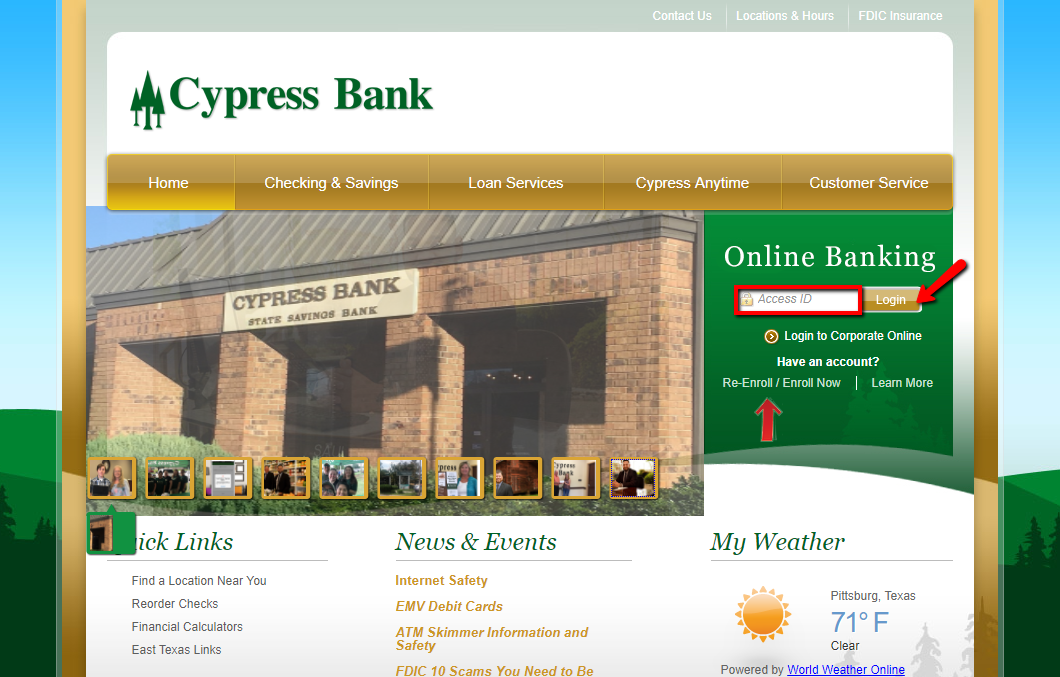20 New Reasons For Deciding On Business Trust Management Advice
20 New Reasons For Deciding On Business Trust Management Advice
Blog Article
Ten Tips On Sustainable Asset/Wealth Management Companies Or Firms
Here are ten specific suggestions for research and decision making when evaluating sustainable wealth or firms that manage assets or. These suggestions will help you to align your investments with your financial objectives and your beliefs in relation to social, environmental, and governance factors. Each includes pros and cons to allow for a balanced evaluation.
1. Verify ESG Integration Methodology
Ask your firm about their environmental, social and governance (ESG) guidelines when making investment decision.
Pros: Aligning investments with sustainable practices.
Cons: Some firms could "greenwash" by claiming vague ESG claims.
2. Transparency and ESG reporting
Tips. Make sure you get complete ESG and carbon footprint reports.
Pros: Enables accountability and a more informed tracking.
Pros: Certain reports may not be validated or standardised by third parties.
3. ESG Certifications from independent organizations
Choose certified companies by B Corp, PRI or GRESB.
Cons: Does not validate the validity of sustainable practices.
Cons: Certification doesn't guarantee the quality or strength of ESG integration.
4. Learn their investment philosophy
TIP: Determine the extent to which they employ exclusionary screening (e.g., tobacco and fossil fuels) or positive screening (e.g. green energy, clean energy).
Pros: You are able to customize portfolios to fit your ethical principles.
Cons: Strict screening may restrict diversification, returns and/or diversification.
5. Learn more about advocacy for shareholders.
Tips: Check if the firm engages in proxy voting, corporate involvement, or activism to influence sustainable practices.
Pros: Creates real-world impact through corporate accountability.
Cons: Could affect performance in the short run.
Review the historical financial performance
Tip Analyze the returns across cycles of economic activity to determine the balance between sustainability and profit.
Cons: Doesn't prove that performance and sustainability are compatible.
Cons: May lag in certain sectors that ESG tends to steer clear of (e.g. mining, mining, oil).
7. Review Asset Allocation Strategy
Tip. Diversify across various sectors like renewable energy (such as solar, wind, and hydro) and clean technology (such as health care) as well as ethical bonds.
Pros: Spreads risk and aligns with values.
Cons: A lack of investment in traditional sectors could have an impact on returns.
8. Understanding Their Strategies for Risk Management
Find out about the integration of ESG risk factors like regulation, climate change and the use of labor practices in the portfolio risk model.
Pros: Enhances long-term resilience.
Cons: Risk-based measures may be difficult for users to validate or comprehend.
9. Assess their Client Onboarding process
The company you select should be able to provide you with complete analysis of your financial goals and ethical choices.
Cons: It can lead to a better-aligned portfolio.
Cons: It can be time-consuming to get started.
10. ESG scoring Methodologies
TIP: Find out whether the company is using third-party or proprietary ESG systems (e.g. MSCI, Sustainalytics).
Cons: Does not provide objectivity or tailor-made analysis.
Cons: Inconsistencies in scoring systems can lead to confusion. Follow the top investment advisor for site advice including bank of service, banking online banking, trustco bank login, loan from commercial bank, best banks for investment banking, us bank us bank, us bank loan, trustco bank login, best bank to bank with near me, community bank loan and more.
Business Banking Accounts In Naples Ten Tips For Business Banking Accounts In Naples
Here are 10 helpful tips for entrepreneurs and small-sized businesses on how to make the most informed decisions when it comes to business banking in Naples, Florida. Each suggestion is accompanied by pros and cons along with detailed descriptions.
1. Select a bank with an enviable Southwest Florida The Presence
Tip: Select banks like Fifth Third Bank, First Florida Integrity Bank, or Regions Bank that have strong roots or are based in Naples.
Pros: It is easier to access local support as well as local decision-making.
Cons: Bank services for smaller banks could be limited, particularly in terms of international and national service.
2. Compare Credit Unions with Traditional Banks Traditional banks
Tips: Think about Achieva Credit Union or Suncoast Credit Union for their lower fees and personalized service.
Benefits: Lower fees for accounts, and generally better rates of interest.
Cons: Fewer locations than national banks, and less technology tools.
3. How do you evaluate the limits of transactions for checking accounts?
Some Naples business accounts will only allow 300 to 200 transactions each month.
Pros : Excellent in many cases for small businesses.
Cons: You may be charged additional transaction fees ($0.25 up to $0.50) in the event that you exceed the amount.
4. There are many relationship banking opportunities
Tips: Some Naples banks give priority to local businesses and provide benefits for keeping multiple accounts.
Benefits: You may qualify for fee waivers, higher rates, or faster loan approval.
Cons: Benefits might require high minimum balances or deposits.
5. SBA loans are offered through banks
SBA lending institutions comprise Wells Fargo in Naples, First Horizon and Synovus.
Pros: Lower down payments and flexible qualifications criteria.
Cons: The application process may be long.
6. Prioritize the Digital and Mobile Banking Features
TIP: Make sure to find out if your bank offers remote banking options such as mobile deposit, bill payment, account alerts, and ACH.
Time savings and better transparency of cash flow.
Cons: Local banks that are smaller may offer limited online features.
7. Bundle service for merchants with business checking
Banks like Chase and copyright offer merchant account integration with their business checking accounts.
Pros: Increases cash flow as well as streamlines credit card processing.
Cons: The fees are more expensive when they are combined together, particularly for smaller businesses.
8. Choose Accounts that Have No or Waiverable Monthly Fees
Tips: Look for banks that offer free checking for businesses (e.g. Suncoast CU) or even waive minimum balance requirements.
Lower operating costs.
Cons: Fees can be waived if you've got an outstanding balance of between $1,000 and $5,000.
9. Explore Interest Bearing Business Accounts
Tips: If your company has large amounts of cash you should consider opening an interest-bearing or money market check account.
Pros: Make passive income with idle funds.
Cons A: The minimum balances may be very high, for instance $10,000 or more.
10. Examine Branch and ATM Networks' Availability
Tips - If you're a frequent cash depositor, choose a bank that has ATMs located in key Naples neighborhood.
Pros: Suitable for hospitality, retail or service-based businesses.
Cons: You may have to travel further when the bank that you work for has small presence. View the most popular bank in Naples FL for site examples including florida banking, best banks in us, trust and bank, national banks in usa, top banks in us, us copyright, best banks for online banking, new online banking, best us online banks, banks in san antonio texas and more.